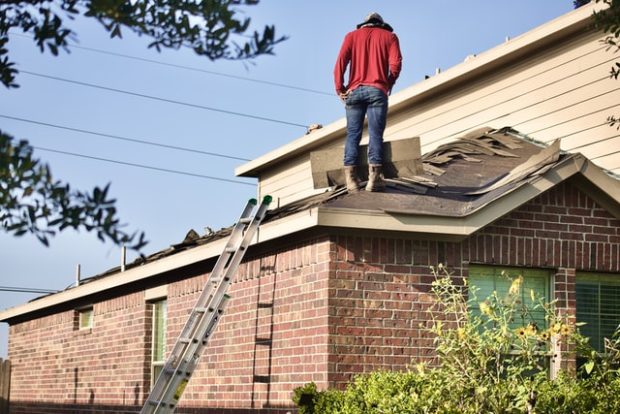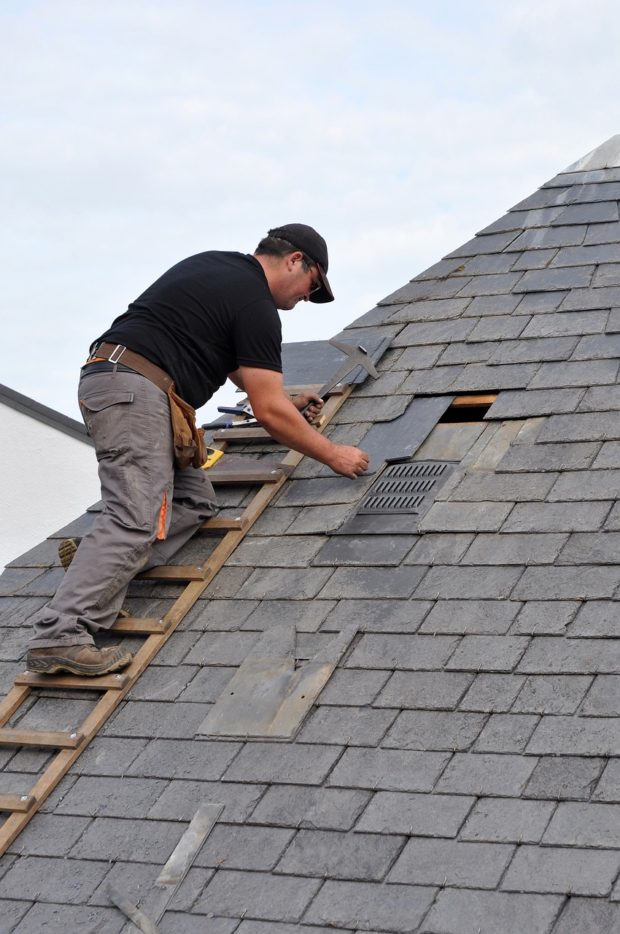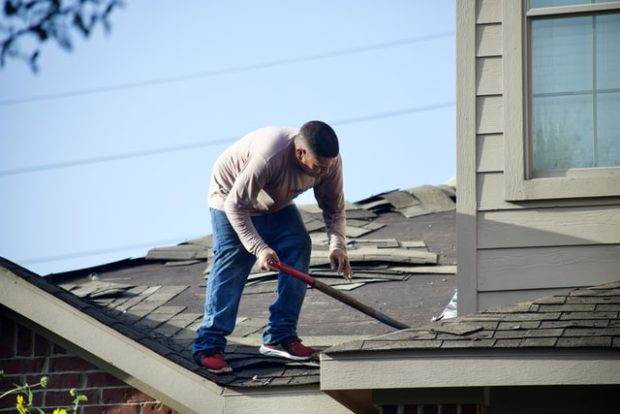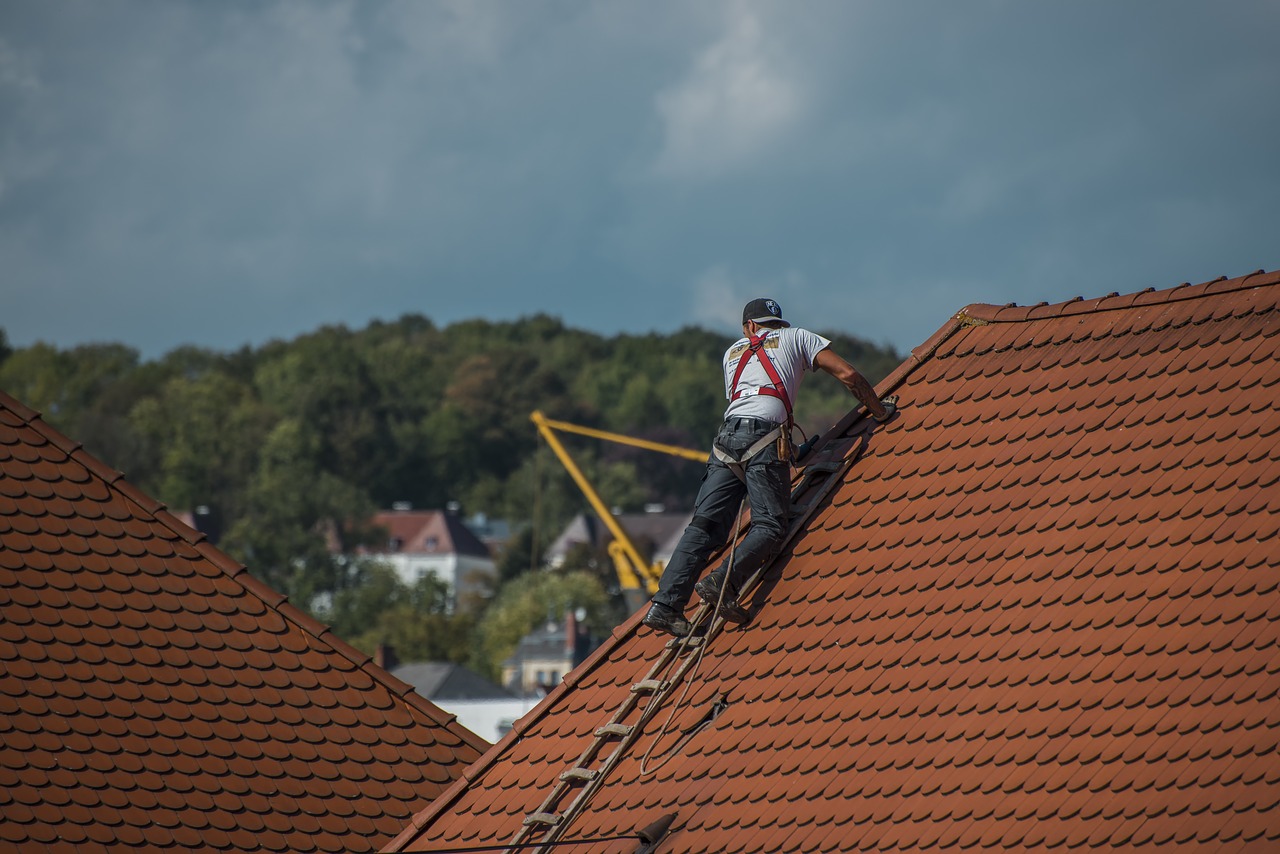It’s windy and rainy outside. You snuggle up and listen to the swirling of the trees and raindrops pattering on your roof. But then you hear a drip, drip, dripping sound coming from your ceiling. You have a leaky roof. As the storm rages on, the drips increase in size to a small, steady stream. There’s no denying that it’s time to spring into action with these four tips that will help you tackle your leaky roof.
Check for Signs of Additional Damage
Anyone who’s ever been there knows the sinking feeling that comes with water penetrating your home. But a leaking roof is much more than an annoyance; it can cause extensive damage to your home if left unaddressed. If you think you have a leaky roof, the first step is to inspect it for signs of additional damage. Look for water stains on your ceiling or walls, as well as any mold or mildew growth. Assessing the extent of the damage will help you determine whether you need to call a professional roofer for repairs, or if you can fix the problem yourself.
Protect It
After you have determined where your leak is coming from, the next thing you need to do is lay a barrier to keep more water from entering your structure. If a leak is small and in one central location, it may be safe to put a tarp up and secure it yourself. Otherwise, you may need to enlist the help of a roofing contractor to help secure one. This is a good time to contact your homeowner’s insurance provider to let them know about the damage and find out what is covered under your policy.
Repairing a Leaky Roof
Once the weather improves you can begin your roof repair. If the leak is small and only affects one area of your roof, you may be able to patch it with a sealant or some other type of repair kit. However, if the leak is larger or if there are multiple leaks, you’ll likely need to replace the damaged section of your roof. Depending on your insurance coverages and deductibles, and the size of the leak, you may decide to try and complete the repair on your own. If not, tip number four will come in especially handy.
Call the Pros
If you suspect serious damage to your roof, it may be time to call in a professional roofing contractor. A contractor can assess the damage and provide you with an estimate for repairs. In some cases, you may need to replace your entire roof. While DIYing your roof repair can save you money, it’s important to know your limits. Replacing a roof is a complicated and dangerous job that’s best left to the pros. Not to mention, they have quick access to the vast amount of supplies and the tools that are needed to make roof repairs or full installation a seamless process.
If your roof is leaking, take action immediately. Even if you have insurance coverage, it is your responsibility to try and mitigate the damage as much as possible. Use these four tips to help you repair your leaky roof and prevent further damage to your home.














